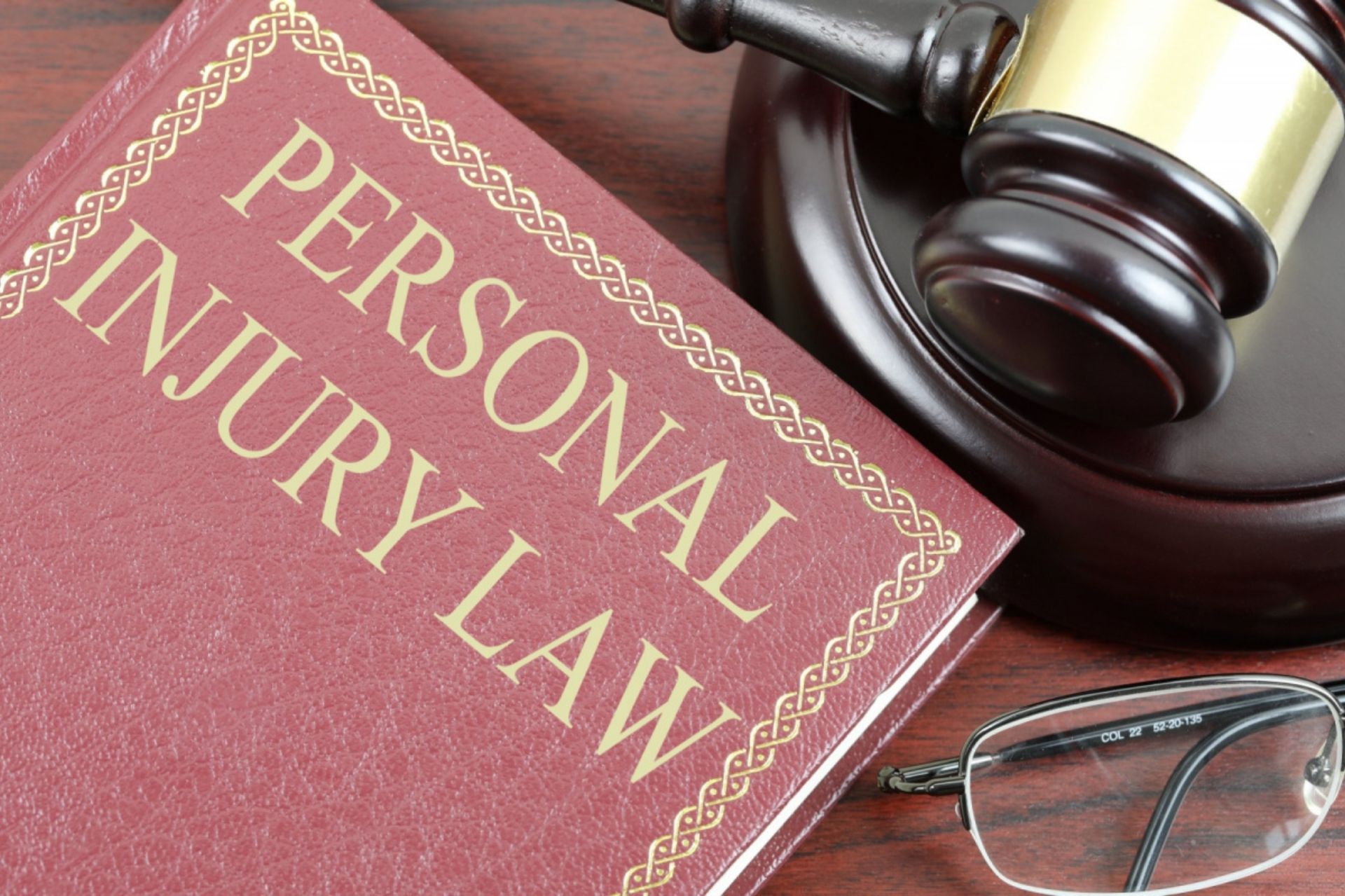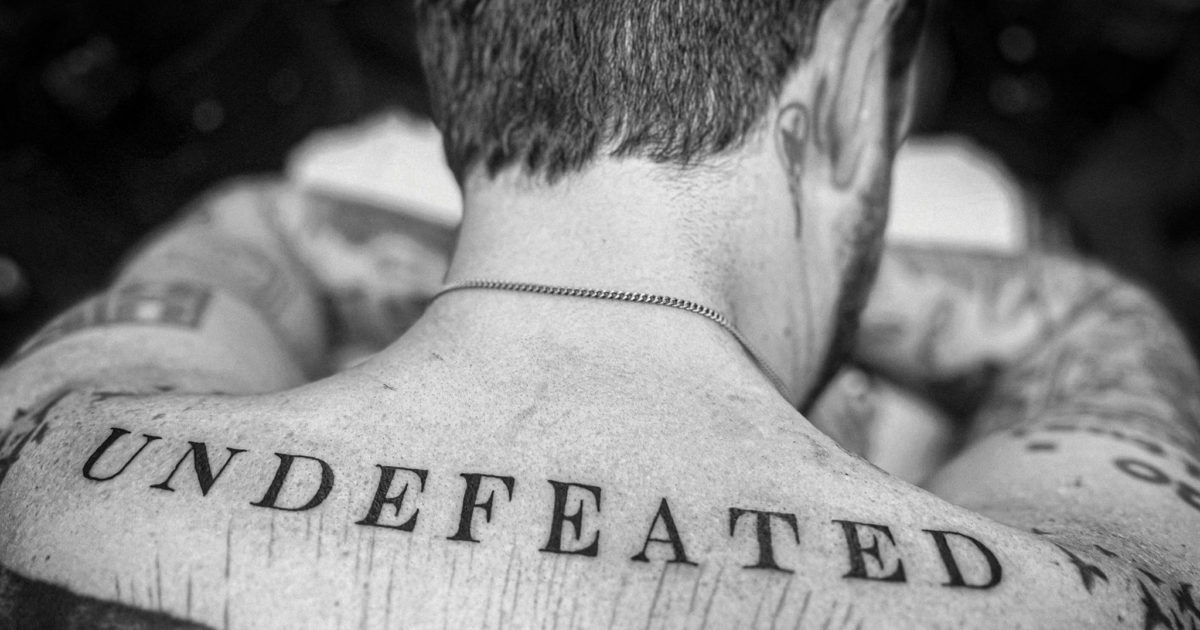
An Insurance Corporation British Columbia (ICBC) claim can be challenging to navigate. If you’ve been in a car accident in Vancouver or somewhere in British Columbia, you will need to go through several steps to pursue a fair ICBC settlement. In most cases, the settlement should compensate you for all damages. When issuing such a claim, you might be wondering what to tell ICBC. First, you need to understand that ICBC is a great auto insurance company. They are good at what they do.
Additionally, they’re good at collecting evidence to determine who is at fault. This comes in handy when adjusting claims. In this post, we’ll walk you through each step you should go through as you work towards a fair settlement of your ICBC claim.
What You Need to Do at the Accident Scene
Before anything else, you need to call 911. You want law enforcement to arrive as fast as possible to help secure the scene. Additionally, you or other parties involved in the accident also require emergency medical care. If you can, try to remain calm and focused. As the team at KazLaw.com points out, you need to exchange contacts, names, and insurance details with the other parties involved in the accident. You also need to record the names and contact details of any eyewitness present. Don’t forget to take photos of the vehicle(s) involved in the crash. Such details will come in handy when ICBC is evaluating your claim.
Be Prepared When Meeting an ICBC Adjuster
Before meeting an ICBC adjuster, you need first to contact your healthcare provider or physiotherapist. This helps to confirm the dates you received treatment related to the accident. Prior confirmation of dates ensures that you don’t mistake your previous medical issues when filing the statement issued by the adjuster. If you think you’re partly to blame for the accident, ensure you speak with an attorney. He or she will help you prepare for your meeting with the ICBC adjuster. Failing to do this may severely imperil your claim.
ICBC May Have an Upper Advantage
Most people wonder why ICBC has the upper hand when it comes to amount settlement. The answer might be complicated, but it’s simple. In recent years, quite a lot has changed in the insurance market. Initially, there were many insurance firms in British Columbia. Currently, there’s only one. Under such circumstances, the defendant is always ICBC. Ideally, this makes matters more complicated. But how? ICBC controls all the claims. This means they know how every claim is decided as they have all the data and information. They keep records of every claim, which, frankly, gives them a bit of power. Because of this monopoly feature, you need to work with an attorney who understands how to handle such cases.
Fault Determination Under ICBC
ICBC’s fault determination is critical. This is because it might have some severe legal and financial repercussions for a tort claim. For instance, if ICBC discovers you were 30 percent at fault for the accident, you’re only eligible for 70 percent of the determined compensation. This partial settlement is a major challenge. It can hinder you from having sufficient damages to cover medical care and rehabilitation services required for a full recovery.
Additionally, your insurance premium may increase if you’re found liable. However, if you’ve been claim-free for a specific duration, it may not. Ensure you provide ICBC with thorough information to prove you were not at fault.
If Another party is At-Fault, File a Tort Claim
If another driver caused your accident through negligence, you have the right to seek recovery of damages. You can be compensated through the at-fault driver’s third-party liability insurance coverage. In most cases, a driver should have a minimum of $200,000 in coverage as part of their Basic Autoplan Coverage. You will need an attorney to represent you during this stage and prepare a case. He or she will gather and present evidence showing the other driver’s fault. Additionally, your lawyer should also show the compensation you’re entitled to recover in damages. Finally, if ICBC challenges your claim, you can file a claim in the Supreme Court of British Columbia.
Avoid Fear When Dealing with ICBC
Many people have some typical fears when dealing with ICBC. If you’re wondering whether you should be worried when dealing with ICBC, the answer is yes. ICBC will use every method in its power to lower the value of your claim. Ideally, you should understand it’s not illegal for ICBC to be doing this. Remember, ICBC’s job is to settle each claim for the lowest amount possible.
Additionally, ICBC will ask you a myriad of questions to assess if you have prior injuries. This helps to reduce the claim by linking your past injury to your recent injury. You should also understand that everything you tell ICBC is recorded.
Mediation

After passing the discovery phase, your case will enter into ICBC settlement negotiations. Your lawyer should ensure you are fairly compensated without the need to take your case to trial. The best way to accomplish this goal is through mediation. It is an alternative form of dispute resolution method. In most cases, an unbiased third party or mediator conducts mediation. The mediator works with both parties to reach an agreement. Mediation can serve as an efficient way for clients to obtain fair compensation and proceed with their lives.
Your Case Might Proceed to Trial
Sometimes, if an ICBC claim isn’t resolved through a settlement, your attorney needs to prepare for trial. The end goal is to explain your story to the judge and jury in the most persuasive manner. Your attorney will carefully choose which evidence to present. This may also include eyewitness testimony and testimony from accident experts. Even though you’re required to attend the trial, you will not be required to testify.
We hope these eight tips will be helpful in your ICBC claim. You should also understand that ICBC settlement negotiations may continue through your trial and in the aftermath. To achieve success in your ICBC claim, ensure you hire a highly competitive lawyer. A good lawyer will help you navigate the claim by explaining your rights to you and what you’re entitled to receive.
































